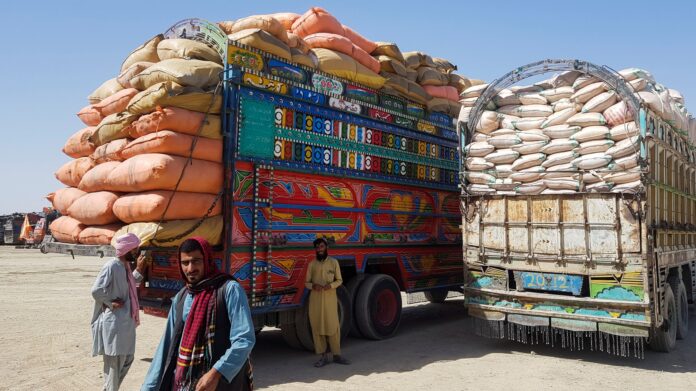The Pak-Afghan Joint Chamber of Commerce and Industry (PAJCCI) has called on the Federal Board of Revenue (FBR) to reconsider its recent move to centralise Goods Declarations (GDs) processing in Karachi, citing operational challenges and delays for businesses, especially those using upcountry dry ports like Peshawar.
In a statement, Senior Vice President Zia-ul-Haq Sarhadi, who also heads the Frontier Customs Clearing Agents Association, explained that the current system routes all GDs to the Central Assessment Unit in Karachi, regardless of where they are filed. This setup has slowed down clearance processes as local clearing agents struggle to communicate effectively with assessing officers in Karachi when queries or objections arise.
The delays have led to increased costs for traders in the form of demurrage, detention, and storage charges. A report from the Directorate General of Customs Risk Management highlighted a 57 percent rise in customs processing times for goods declarations that were assessed but not physically examined, jumping from an average of 25 hours in July 2024 to 46 hours by April 2025.
The PAJCCI warned that these delays unfairly burden regional businesses and undermine the purpose of dry ports, which were established to facilitate trade in remote areas.
To address the issue, the chamber has proposed decentralizing the Faceless Assessment System by establishing regional assessment units at major dry ports including Peshawar, Quetta, and Multan. These units would operate digitally under the same rules and transparency as the central unit.
The chamber also suggested upgrading the WeBOC platform to allow clearing agents to respond to objections, submit clarifications, and upload documents in real-time, with fixed response deadlines for customs officers.
PAJCCI expressed hope that these changes would reduce delays and support the government’s wider objectives of easing business operations and fostering inclusive economic growth across all provinces.




